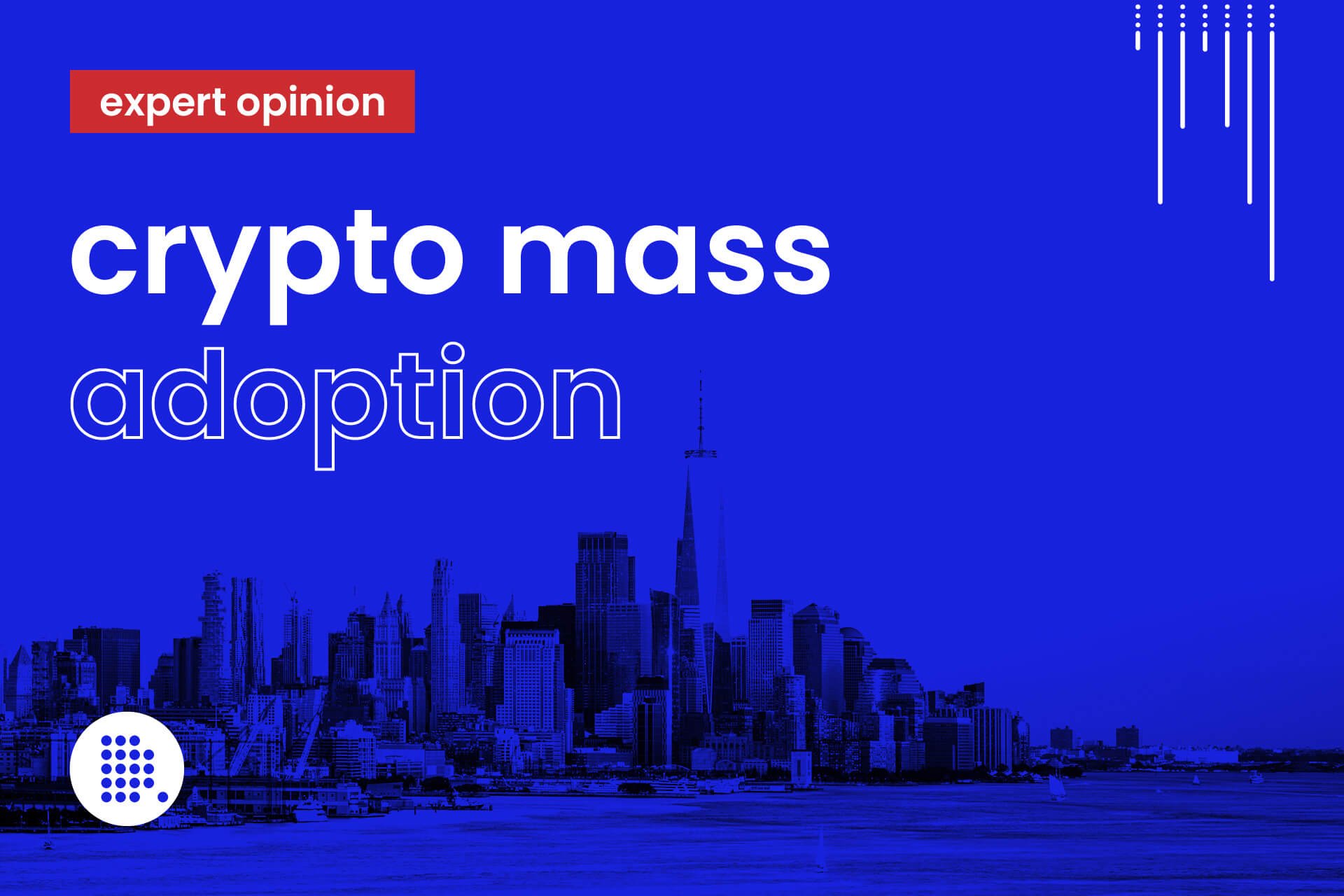
In terms of the world, the United States of America has been often acknowledged as a curious and flexible market, open to innovations and furthermore, the one that creates and dictates trends.
The blockchain industry is also the one who gets attention around the states. However, in terms of mass adoption of digital assets, the country still has to face serious challenges, says Catherine Coley, a woman responsible for the strategic development of Binance US.
In her latest article for Nasdaq, the CEO and founder of the American branch of crypto exchange behemoth Binance admitted that:
While 55 percent of Americans own stocks, only 6 percent own Bitcoin. On top of that, an overwhelming number of Americans - 68 percent - say they do not own and do not plan to buy Bitcoin in the future. That’s around 200 million people writing off Bitcoin before they’ve even given it a chance.
The Fintech veteran lays out her insights about what causes such an indifference. She points the main factors, that play an important role in US citizens still being cautious about the virtual currencies.
No tangibility, no reputation
With its digital nature, the Bitcoin is nothing close to an asset that can be touched, held or put into the bank’s safe. The general perception outside the blockchain communities is that cryptocurrencies are not tangible assets. And since virtual assets do not have the material form, it makes them difficult to be fully understood. Furthermore, when one does not understand something, he usually even doesn’t bother to find out.
As a decentralized currency, crypto lacks a defined home. Some would say "it doesn’t exist anywhere" and therefore, it’s confusing to the general consumer. It’s not a euro or a Swiss franc, it's a digital currency.
Another big elephant in the glass room is American media, says founder of the US cryptocurrency exchange. It is hugely responsible for the skeptical impression of crypto within the nation due to the repetitive narrative, that it is criminals and shady characters who use crypto.
One more reputational problem comes from the attitude, that Bitcoin is an investment, where the real money goes lost. However, the expert reminds that the Bitcoin was the best performing asset of the last decade, despite the fact that American stock markets have been greening since the recession. Due to the independent nature of virtual currencies, they could be considered as a way of asset diversification, when the stock markets turn bearish. Here is how it could be achieved, according to Catherine Coley:
We need more journalists, inside and outside of crypto, to recognize the value of crypto and look for ways to educate consumers without bias and with thorough research.
Knowledge gaps
Ways in which users do find digital assets are confusing says the cryptocurrency expert. New tools, new forms, new platforms – all the novelties are a lot to adapt. And the roots of such beliefs lie deeper in society. Since only 17 percent of Americans use a financial advisor to manage their money, the expert believes, citizens do not just have a crypto literacy problem, they have a financial literacy problem.
Meanwhile, the crypto industry is making movements towards the broader usage of virtual currencies. The CEO of cryptocurrency exchange admits that the biggest steps were made only recently:
Being able to buy crypto with a debit card is perhaps the biggest foray into crypto adoption, and this is a relatively new phenomenon.
With more sophisticated and user-focused blockchain solutions, the industry is able to fulfill the nation’s needs of more simple usage. In conclusion, this might help to narrow the gap between both financially and technically-savvy users and those with less knowledge.
Lack of home and voice
There is a paradox that the decentralization brings – a lack of a home. It might be confusing for the general user to understand, how is it possible to exist anywhere without being somewhere. However, Coley agrees, the cryptocurrencies are a natural extension of the cyborg lives we already lead:
Our smartphones are already our keys to the world, allowing us to access anything we want in seconds. Americans already use their smartphones to access so much of the world, so we should think of crypto as the currency of the future — one where we do not have to wait for banks to wake up, or turn on, and where our transactions are secure and accounted for on the blockchain.
And marketing could play an important role here. More outspoken advocates of virtual currencies, their stories of personal experience could help to change the perception of crypto as strange and opaque.
There are encouraging statistics about the growing numbers of involvement in digital currencies. According to Coley, the number of Americans owning crypto has almost doubled within a year: from 7.95% (2018) to 14.4% (2020). However, she admits, there still is space for improvements to be made for the better mass adoption of cryptocurrencies.
According to the expert, more simple and clear ways for people to get involved in crypto, as well as the clearer regulation, remain the most vital questions the industry has to solve. She expresses her belief, that American’s will experience unprecedented benefits if country shifts its opinion from the neutral to positive about digital currencies.
